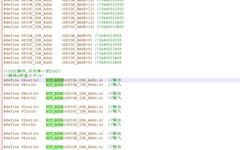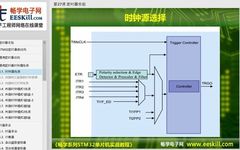Implementing Partial Screen Clear on LCD
Graphic Control Uncle Composition conveys ideas Reading has never been this easy!!! 01 Introduction When developing multifunctional applications for an LCD screen, there are times when you need to clear the screen. Clearing can be done in two ways: full screen clear and partial screen clear. Today, I will document the code for partial screen … Read more









